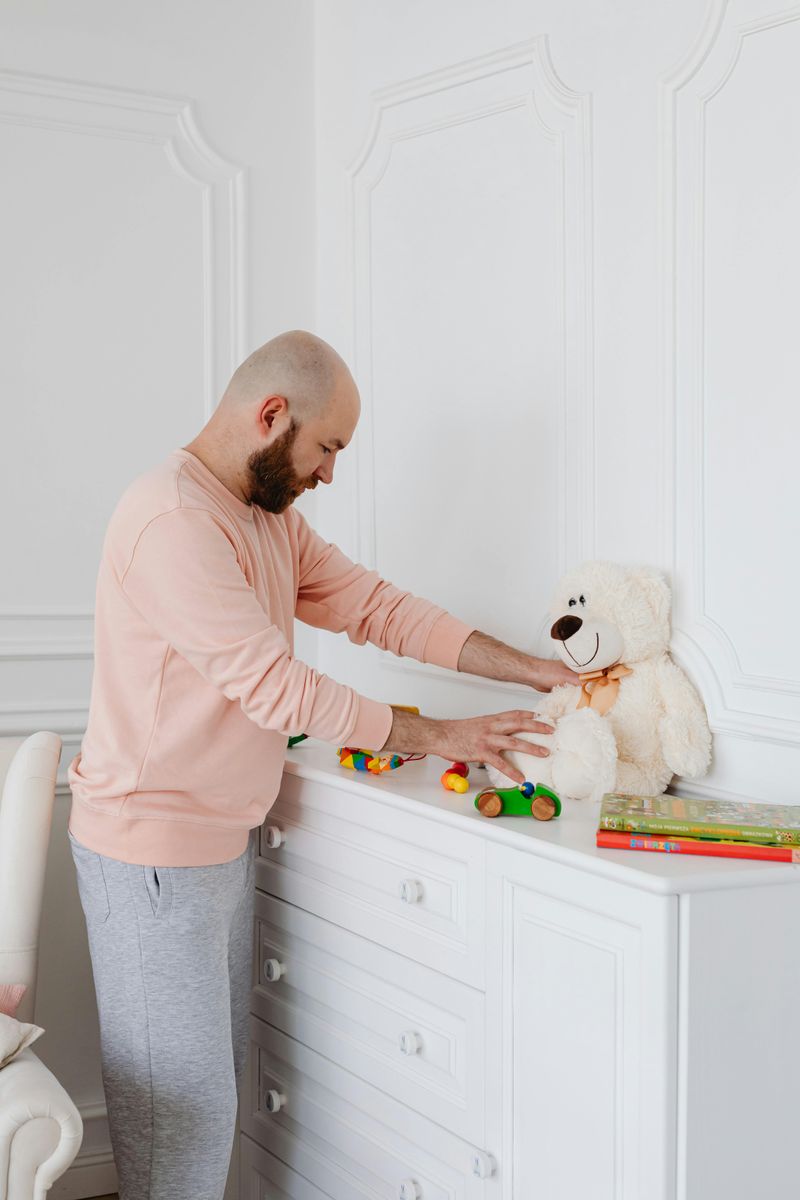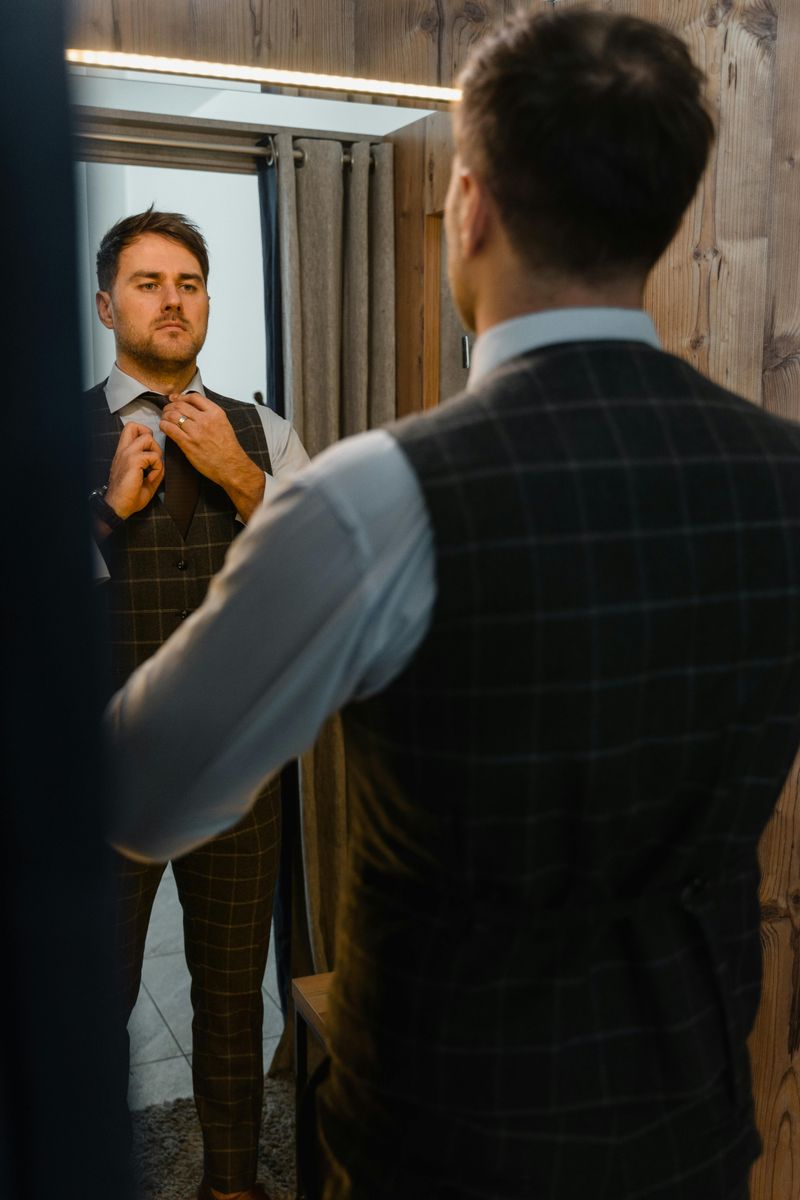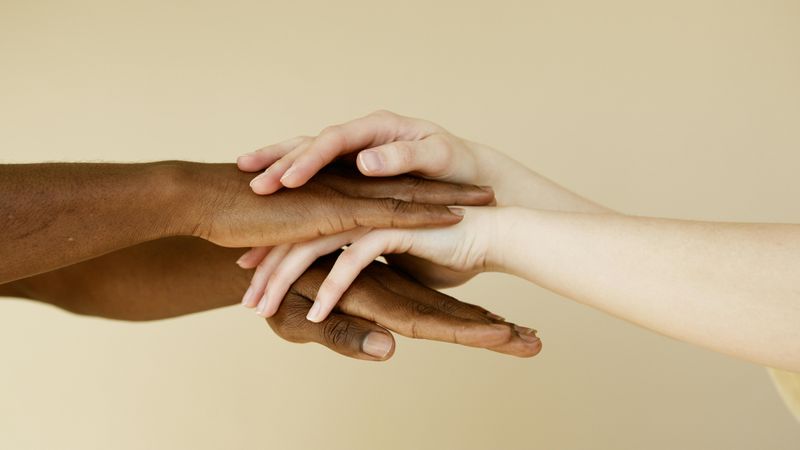13 Truths About Men That Many Women Find Hard to Accept

Relationships between men and women can sometimes feel like navigating a maze blindfolded. Many misunderstandings arise simply because we process emotions and express ourselves differently. Understanding these differences can bridge gaps and create healthier, happier connections that last.
1. Men Crave Emotional Intimacy But Fear Vulnerability

Behind the tough exterior, most men genuinely desire deep emotional connections with their partners. Society teaches boys from a young age that showing feelings equals weakness, creating internal conflict.
This conditioning doesn’t erase the need for intimacy—it just makes expressing it scarier. When men do open up, they’re taking a massive risk that feels uncomfortable and unfamiliar.
Creating a judgment-free space helps them feel safer sharing their inner world. Patience and understanding can slowly dismantle those protective walls. Remember, wanting connection while fearing vulnerability isn’t contradictory—it’s deeply human and requires compassion to navigate successfully.
2. Men Want to Be Desired, Not Just Needed

Being appreciated for paying bills or fixing things feels hollow without genuine desire. Men want to know their partner finds them attractive, exciting, and emotionally compelling—not just useful.
Physical and emotional desire makes them feel valued as a whole person rather than a provider. Compliments about appearance, personality, or simply being wanted matter tremendously.
Small gestures showing you find him irresistible strengthen bonds more than thanking him for chores. This isn’t about ego—it’s about feeling chosen, not just convenient. When men feel genuinely desired, they become more emotionally available and engaged in the relationship, creating positive cycles of affection and connection.
3. Silence Doesn’t Always Mean Indifference

When men go quiet, women often interpret it as emotional withdrawal or lack of caring. Actually, many men process thoughts internally before speaking, needing silence to organize their feelings.
This mental decompression isn’t rejection—it’s how they handle stress and complex emotions. Pushing for immediate conversation can backfire, making them retreat further.
Giving space shows respect for their processing style while staying emotionally available. Sometimes the best support is simply being present without demanding words. Understanding this difference prevents unnecessary hurt feelings and arguments. When he’s ready, he’ll usually open up naturally, especially if he knows you won’t judge or pressure him during those quiet moments.
4. Men Need Respect as Much as Love

For many men, feeling respected translates directly to feeling valued in relationships. Disrespect—especially publicly—cuts deeper than most women realize, sometimes more than lack of affection.
Respect means honoring his opinions, trusting his decisions, and speaking kindly about him to others. Rolling eyes, dismissive comments, or constant criticism erode his sense of worth rapidly.
Men who feel respected become more loving, attentive, and willing to meet emotional needs. This isn’t about submission—it’s about mutual regard and appreciation. When respect and love coexist, relationships flourish naturally. Simple acts like listening without interrupting or acknowledging his efforts communicate respect powerfully, building foundations that weather challenges together.
5. They Show Love Differently

Not every man expresses affection through words or romantic gestures women typically expect. Many demonstrate love by solving problems, providing security, or performing helpful tasks.
Fixing the leaky faucet or ensuring your car runs smoothly might be his love language. Missing these signals can make both partners feel unappreciated and misunderstood.
Recognizing action-based affection helps you see the love that’s already there. Verbal affirmations might not come naturally, but his consistent presence and support speak volumes. Appreciating his unique expression style encourages him while gently teaching that words also matter. Balance comes from understanding different love languages rather than expecting everyone to show affection identically, creating richer, more fulfilling connections.
6. Many Men Feel Pressure to Be Strong All the Time

Despite progress toward emotional openness, men still carry enormous pressure to appear constantly capable and unshakeable. Showing weakness feels like failing at masculinity itself, even when logically they know better.
This expectation creates exhausting internal battles between genuine feelings and societal standards. Men suppress sadness, fear, and uncertainty to maintain the strong provider image.
Partners who give permission to be human—to struggle, cry, or admit confusion—offer incredible relief. Strength isn’t about never falling apart; it’s about being authentic and resilient. When men feel safe dropping the armor occasionally, relationships deepen significantly. Acknowledging this pressure helps women understand why emotional expression seems so difficult for their partners sometimes.
7. They Also Have Body Image Insecurities

Height, hair loss, muscle tone, weight—men worry about physical appearance more than they typically admit. Society bombards them with idealized male bodies just like it does women.
These insecurities rarely get voiced because admitting them feels unmanly or vain. Men might obsess over receding hairlines or dad bods silently while seeming confident outwardly.
Compliments about his appearance aren’t shallow—they genuinely boost confidence and self-worth. Recognizing that men also struggle with body image creates empathy and connection. Nobody is immune to societal beauty standards, regardless of gender. Supporting each other’s insecurities rather than dismissing them strengthens relationships. Your reassurance about his attractiveness matters more than you might realize, helping him feel secure and valued.
8. Rejection Hits Hard and Lingers

Romantic or emotional rejection can devastate men deeply, even when they don’t show outward signs of hurt. Many internalize these experiences, replaying them mentally for years afterward.
Because men often initiate romantic pursuits, they face rejection more frequently, each instance chipping away at confidence. They learn to hide the pain to avoid appearing weak or needy.
Understanding this helps explain why some men seem guarded or hesitant in relationships. Past rejections create protective barriers that take patience and consistency to dismantle. Being gentle during disagreements and reassuring during vulnerable moments helps heal old wounds. Rejection isn’t just disappointing—it can feel like confirmation of unworthiness, making compassion essential when navigating sensitive topics together.
9. They Value Peace Over Drama

Constant conflict, emotional turbulence, or unpredictable reactions exhaust most men quickly. They gravitate toward partners and environments offering stability, understanding, and calm communication.
Drama doesn’t make relationships exciting for them—it makes relationships draining. Men often withdraw or emotionally disconnect when chaos becomes the norm.
This doesn’t mean avoiding difficult conversations, but approaching them thoughtfully rather than explosively. Creating peaceful atmospheres where both partners feel heard prevents unnecessary tension. Men who feel relaxed at home become more present, affectionate, and invested. Peace isn’t boring—it’s the foundation for genuine intimacy and happiness. When conflicts arise, handling them maturely without theatrics builds trust and demonstrates emotional maturity that men deeply appreciate and reciprocate.
10. They Notice Small Efforts

Men might not always vocalize appreciation, but they absolutely notice thoughtful gestures, kind words, and affectionate touches. These small efforts accumulate, creating feelings of being valued and loved.
Remembering his favorite snack, asking about his day, or simply smiling when he enters the room matters enormously. Men store these moments mentally, even without expressing gratitude immediately.
Consistency in small kindnesses builds stronger bonds than occasional grand gestures. He’s paying attention to how you treat him daily, using it to gauge relationship health. Don’t underestimate the power of regular, simple affection. When men feel consistently appreciated through small actions, they reciprocate naturally, creating positive relationship cycles that strengthen over time and weather challenges together beautifully.
11. They Want Partnership, Not Parenting

Being constantly corrected, managed, or treated like a child kills attraction and respect faster than almost anything else. Men want partners who view them as capable equals, not projects needing improvement.
Nagging or micromanaging communicates lack of trust and respect, breeding resentment over time. Nobody thrives when treated as incompetent or perpetually wrong.
Allowing autonomy in decision-making and trusting his judgment shows respect and maturity. Mistakes will happen—that’s part of being human, not evidence he needs supervision. Partnership means supporting each other while maintaining individual competence. When men feel trusted and respected as adults, they rise to meet expectations naturally. Treating him like your equal rather than your responsibility creates healthier, happier dynamics for everyone involved.
12. They Struggle With Communication, Not Comprehension

When men seem unable to discuss feelings, it’s rarely because they don’t care or understand. More often, they lack practice articulating emotions or need extra time finding appropriate words.
Growing up, many boys receive little training in emotional vocabulary or expression. This creates adult men who feel deeply but struggle translating feelings into coherent sentences.
Patience during these moments encourages rather than shuts down communication attempts. Asking specific questions helps him organize thoughts better than vague requests to share feelings. Remember, difficulty expressing emotions differs completely from not having them. With time, practice, and a supportive partner, communication skills improve significantly. Creating safe spaces for imperfect expression helps men develop emotional articulation gradually and naturally.
13. Love Doesn’t Erase Their Need for Freedom

Even deeply committed men need personal space, individual hobbies, and time with friends. This isn’t about loving you less—it’s about maintaining healthy identity and balance.
Relationships thrive when both partners have separate interests and autonomy alongside togetherness. Constant togetherness can suffocate rather than strengthen bonds.
Men who feel controlled or monitored often become distant or resentful over time. Trusting him to have independent experiences shows confidence and maturity. Freedom within commitment creates sustainable, happy relationships where both people grow individually and together. Encouraging his personal pursuits while maintaining your own creates balanced partnerships. When men feel trusted with autonomy, they typically become more attentive and present during shared time, appreciating the relationship even more deeply.

Comments
Loading…